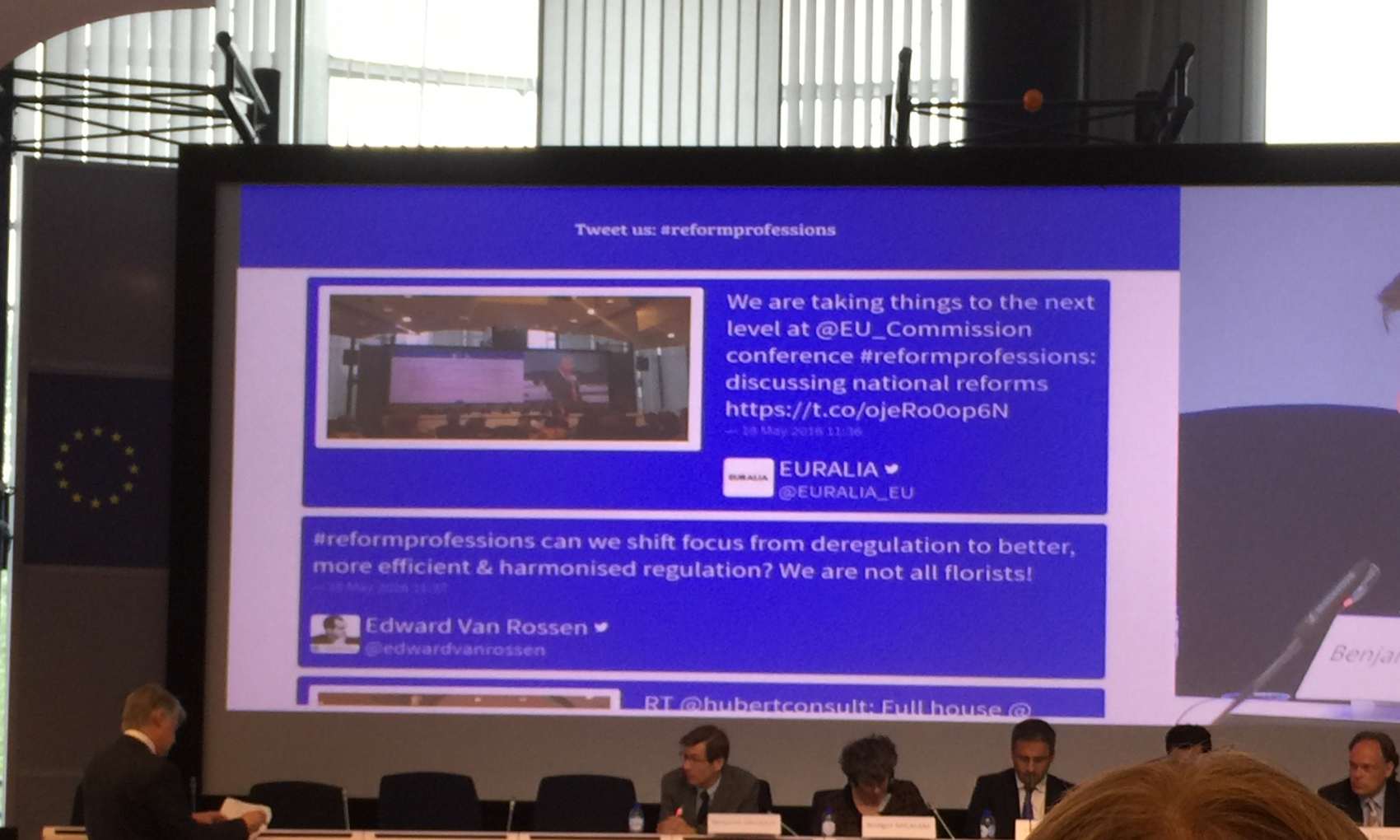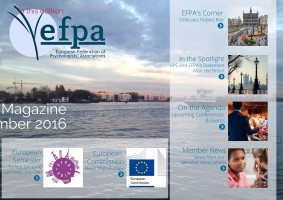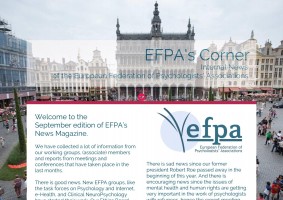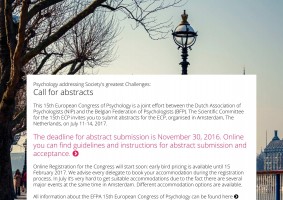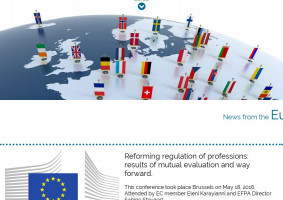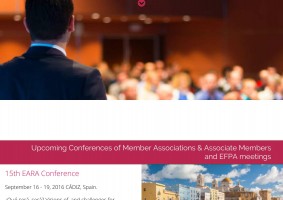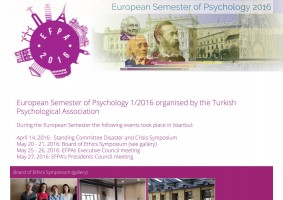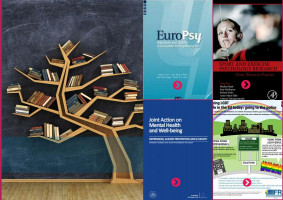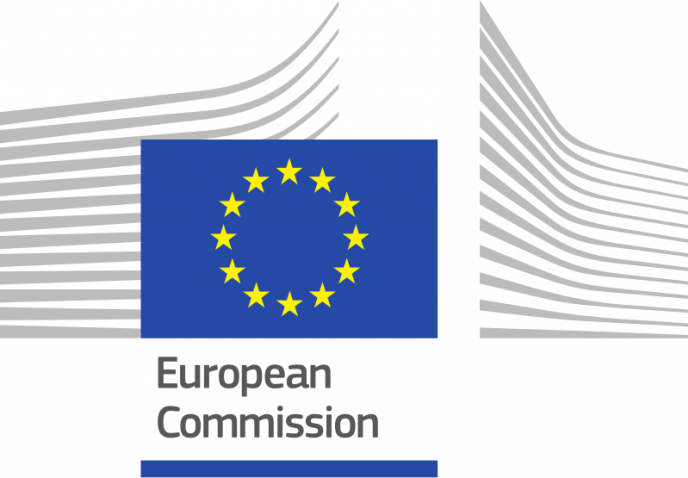
Reforming regulation of professions: results of mutual evaluation and way forward.
This conference took place Brussels on May 18, 2016. Attended by EC member Eleni Karayianni and EFPA Director Sabine Steyaert.
This conference focused on the work which EU countries have done in the last two years to review their national regulation and on what they propose in terms of regulatory reform.
Stakeholders, including national authorities and professional organisations, discussed the mutual evaluation of regulated professions, its results and national action plans to address outdated or disproportionate regulation. Stakeholders also discussed the follow-up measures to improve access to professions announced by the European Commission in the Single Market Strategy last October.
The event also shed light on the empirical evidence gathered to support these actions and to illustrate the importance and economic impact of regulated professions in Europe. New case studies and the results of a recent EU-wide survey on occupational regulation were presented for the first time and discussed in the presence of the authors and other expert economists. Participants were encouraged to engage in the debate and express their opinions on the issues that were presented.
Report on psychologists and related professions to be found here
Highlights fron Europe: Research
Brainwave scanners unlocking the hidden lives of coma patients. A new experimental technology makes it possible to learn about the various states of consciousness along the spectrum for being in a coma to having normal brain functions and find new ways of communicating with these patients.
More information can be found on the following website
One step closer to understanding our sense of now
The MINDTIME project, which is part of a series of projects that is currently looking into how we process time in the brain and use information we receive to predict future events, is trying to decode our mental representation of time and to find our
whereabouts in our brains the concept of time lies. So far they have found out that some parts of our brains are less connected when presented with random information or simple regular patterns, but become very active when faced with more complex patterns. Another powerful finding is that the human brain possesses the capacity to recalibrate its timing. Are you interested to find out more? A link to the full article can be found here
Highlights from Europe: Social Sciences
Brain training to become as prevalent as physical training
According to D. Dankner, chief executive of Applied Cognitive Engineering, in the future cognitive enhancing software will become the equivalent of nowadays physical gym visits. Applied Cognitive Engineering is currently coordinating the EU funded BrainPEER project in which the IntelliGym software is being developed.
Interested to find out more?
Meditation visibly changes your brainwaves
Recent research in the context of the BRAINandMINFULNESS project has confirmed the beneficial effects of meditation on practitioners slow brainwaves and sleep spindles, brief periods of waxing and waning faster oscillations early in the night. These discoveries may help us understand how spirituality affects our understanding of others mental states, which may feed into the development and implementation of educational programmes to enhance self-representation and the ability to relate with others.
For more information, check the article at Horizon magazine
Multilingualism, a keystone for an inclusive EU.
In the words of Dr Michele Gazzola "language skills across Europe are often overestimated". The EU-funded MIME project is therefore exploring how language policies can be harnessed to preserve mobility within the EU without compromising on inclusion. Researchers who have been studying the link between multilingualism and social cohesion in the context of this project discovered that weak foreign language skills prevent people from fully engaging in European Society, particularly if they are poor.
Poor citizens are thus more likely to be adversely affected when the EU employs a more stringent official language policy, as is sometimes proposed. In today's political environment, it is therefore particularly important that the EU makes informed decisions on language policy.
For more information about this project, please visit this link
